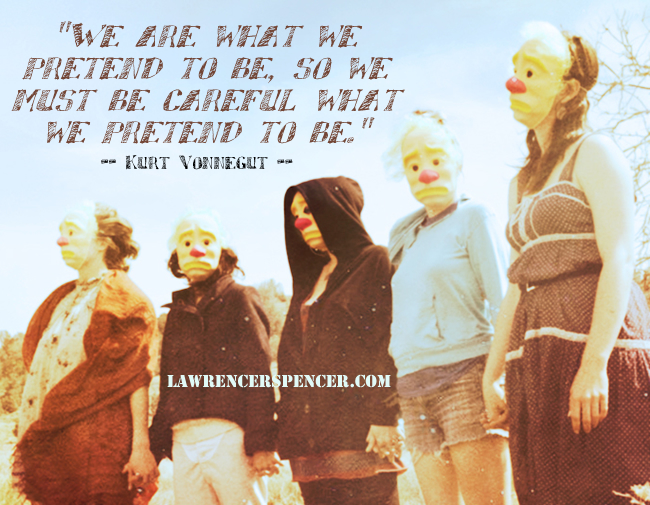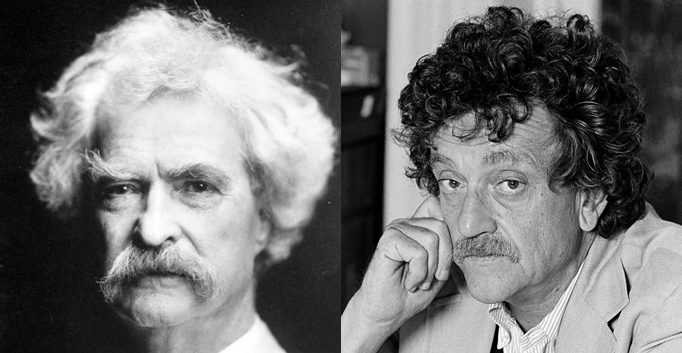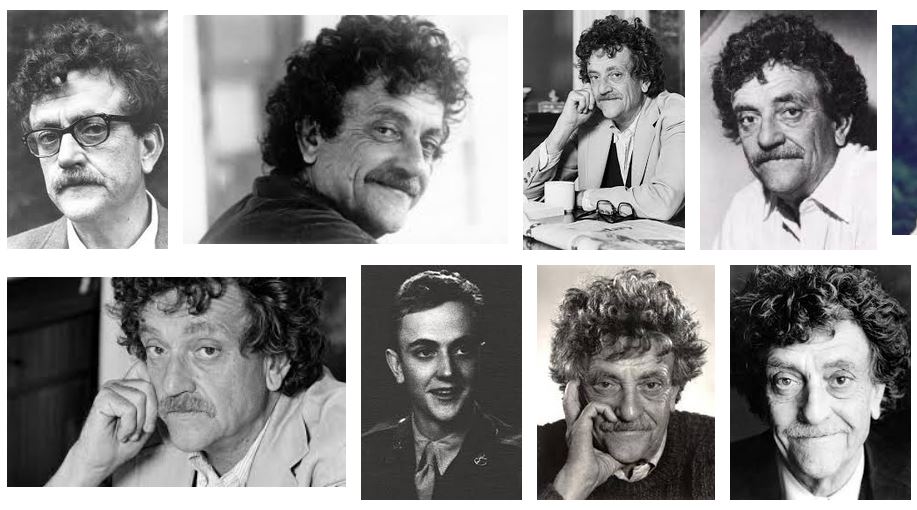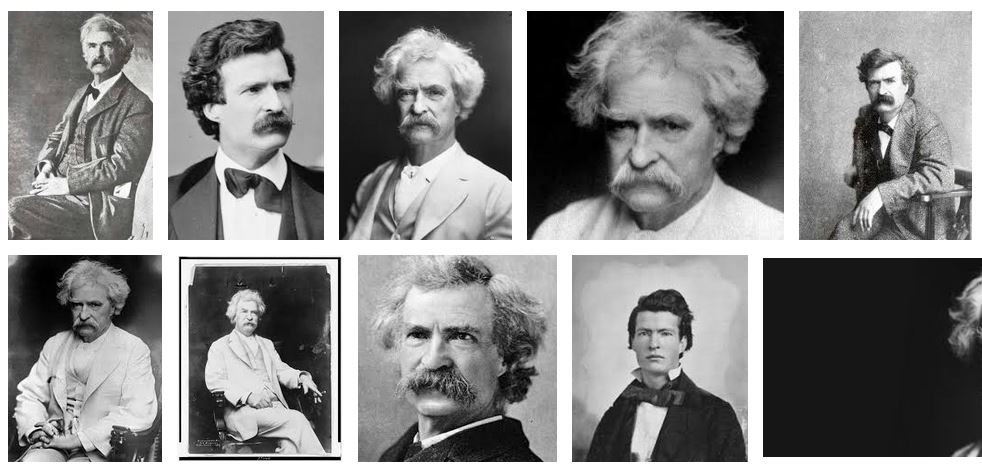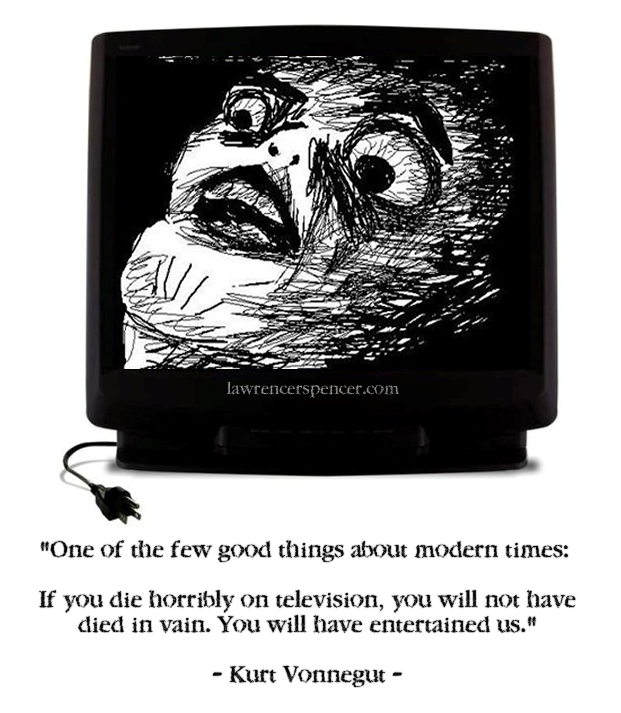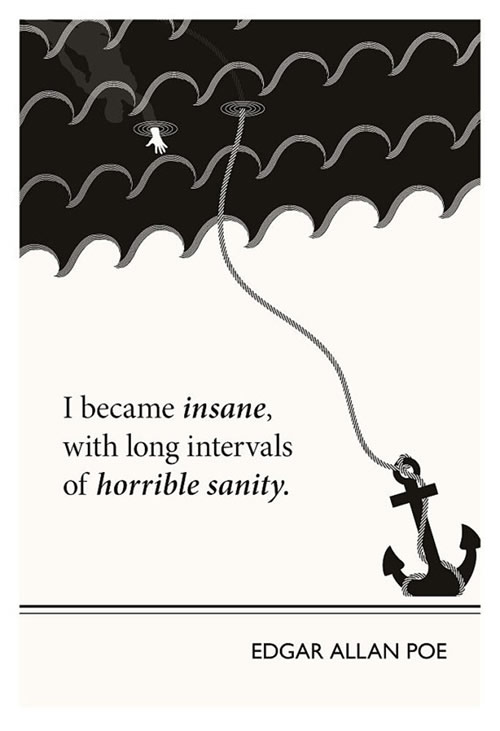Republished by Blog Post Promoter
“We are what we pretend to be, so we must be careful what we pretend to be.”
— Kurt Vonnegut
Kurt Vonnegut, Jr., November 11, 1922 – April 11, 2007) was a 20th-century American writer.[2] His works such as Cat’s Cradle (1963), Slaughterhouse-Five (1969), and Breakfast of Champions (1973) blend satire, gallows humor, and science fiction. As a citizen he was a lifelong supporter of the American Civil Liberties Union and a critical leftist intellectual.[3] He was known for his humanist beliefs and was honorary president of the American Humanist Association.
Vonnegut’s first short story, “Report on the Barnhouse Effect”[34] appeared in the February 11, 1950 edition of Collier’s (it has since been reprinted in his short story collection, Welcome to the Monkey House). His first novel was the dystopian novel Player Piano (1952), in which human workers have been largely replaced by machines. He continued to write short stories before his second novel, The Sirens of Titan, was published in 1959.[35] Through the 1960s, the form of his work changed, from the relatively orthodox structure of Cat’s Cradle (which in 1971 earned him a Master’s Degree) to the acclaimed, semi-autobiographical Slaughterhouse-Five, given a more experimental structure by using time travel as a plot device. These structural experiments were continued in Breakfast of Champions (1973), which includes many rough illustrations, lengthy non-sequiturs and an appearance by the author himself, as a deus ex machina.
Vonnegut attempted suicide in 1984 and later wrote about this in several essays.[36]
Breakfast of Champions became one of his best-selling novels. It includes, in addition to the author himself, several of Vonnegut’s recurring characters. One of them, science fiction author Kilgore Trout, plays a major role and interacts with the author’s character.
In 1974, Venus on the Half-Shell, a book by Philip José Farmer in a style similar to that of Vonnegut and attributed to Kilgore Trout, was published. This caused some confusion among readers, as for some time many assumed that Vonnegut wrote it; when the truth of its authorship came out, Vonnegut was reported as being “not amused”. In an issue of the semi-prozine The Alien Critic/Science Fiction Review, published by Richard E. Geis, Farmer claimed to have received an angry, obscenity-laden telephone call from Vonnegut about it.
In addition to recurring characters, there are also recurring themes and ideas. One of them is ice-nine (a central wampeter in his novel Cat’s Cradle).
Although many of his novels involved science fiction themes, they were widely read and reviewed outside the field, not least due to their anti-authoritarianism. For example, in his seminal short story “Harrison Bergeron” egalitarianism is rigidly enforced by overbearing state authority, engendering horrific repression.
In much of his work, Vonnegut’s own voice is apparent, often filtered through the character of science fiction author Kilgore Trout (whose name is based on that of real-life science fiction writer Theodore Sturgeon). It is characterized by wild leaps of imagination and a deep cynicism, tempered by humanism. In the foreword to Breakfast of Champions, Vonnegut wrote that as a child, he saw men with locomotor ataxia, and it struck him that these men walked like broken machines; it followed that healthy people were working machines, suggesting that humans are helpless prisoners of determinism. Vonnegut also explored this theme in Slaughterhouse-Five, in which protagonist Billy Pilgrim “has come unstuck in time” and has so little control over his own life that he cannot even predict which part of it he will be living through from minute to minute. Vonnegut’s well-known phrase “So it goes”, used ironically in reference to death, also originated in Slaughterhouse-Five. “Its combination of simplicity, irony, and rue is very much in the Vonnegut vein.”[32]
With the publication of his novel Timequake in 1997, Vonnegut announced his retirement from writing fiction. He continued to write for the magazine In These Times, where he was a senior editor,[37] until his death in 2007, focusing on subjects ranging from contemporary U. S. politics to simple observational pieces on topics such as a trip to the post office. In 2005, many of his essays were collected in a new bestselling book titled A Man Without a Country, which he insisted would be his last contribution to letters.[38]
An August 2006 article reported:

